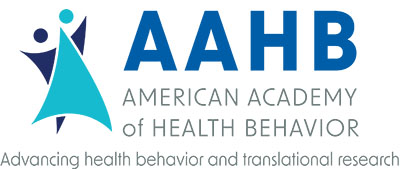|
Scientific Meeting 2023 - Lightning Talks Day 3
Wednesday, March 15 |
Presenter: Jessica Montoya Community-engaged approach to identify HIV prevention strategies among members of American Indian tribal communities in Southern CaliforniaMontoya, Jessica, L; Armenta, Richard; Armao, Shandiin; Kellog, Daniel; Romero, Richard; Calac, Daniel; Gaines, Tommi Purpose: American Indians (AI) face significant disparities in HIV morbidity and mortality. Geographical remoteness of AI tribal communities, privacy concerns, and low cultural competency among clinicians hinder access to HIV prevention services. The objective of our qualitative study was to examine acceptability of HIV prevention strategies among members of AI tribal communities in Southern California. Methods: We conducted individual interviews with 23 AI tribal community members. A semi-structured interview guide was used to explore acceptability of various proposed strategies for delivering HIV prevention (i.e., local health clinic, telehealth services, a mobile health unit, health booths at tribal community events, flyers posted around tribal communities, and social media health campaigns). Rapid qualitative analysis was used to synthesize interview data. Three team members applied a summary template with key domains drawn from the interview guide. Key points from the summary templates were placed into a matrix to assess the breadth of information for each domain. Results: Participants reported favorable acceptability of all HIV prevention delivery strategies explored. Participants verbalized strongest enthusiasm for the use of a mobile health unit and social media campaigns. Participants reported privacy concerns for receiving HIV prevention in a clinical setting (e.g., individuals might be seen accessing HIV testing services) and by telehealth (e.g., limited privacy at home). If an HIV test was recommended by a clinician, most participants reported a preference for clinic-based testing due to fear of self-administering an HIV test incorrectly. Many participants hypothesized that privacy concerns would be minimized if HIV prevention services were routinely offered to everyone rather than to a select set of individuals. Conclusion: AI tribal community members perceive HIV prevention services as acceptable, particularly if services are easy to access and minimize privacy concerns. Future research is needed to evaluate the implementation of HIV prevention strategies in AI tribal communities. |

